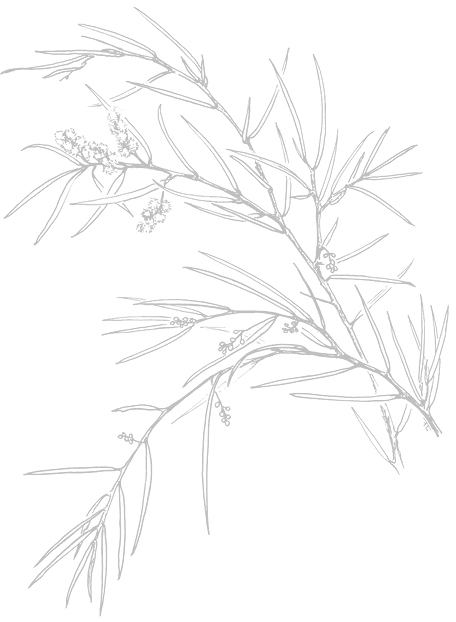
Scientific Name: Androstoma verticillata Endemic Having a natural distribution confined to a particular geographic region
Common Name: clustered beardheath
Family Classification (Clade): Eudicots
Family: Ericaceae
Form Description: Small shrub with ascending, spreading branches.
Flowers: 2 or 3 together in short spike which appears terminal but pushed aside by new leaf growth.
Fruit: Drupe – spherical, red, with the fleshy part thin; the stone in 5 parts, or fewer by abortion.
Municipality
Plant Communities
Habitat Notes
Local on mountains near west coast.
Site Tolerance
Exposed, Moist, Windy
Soil Tolerance
Fertile, Loam, Well-drained
Frost Tolerance
Hardy
General Notes
Not easily maintained. It is suggested that most species require a well-drained, well-composted soil with cool root run provided by large flat stones or a thick mulch. Some shade is also considered beneficial.
Propagation Calendar
-
Flowering Month
Jan Feb Mar Apr May Jun Jul Aug Sep Oct Nov Dec -
Seed Collecting Month
Jan Feb Mar Apr May Jun Jul Aug Sep Oct Nov Dec -
Sowing Month
Jan Feb Mar Apr May Jun Jul Aug Sep Oct Nov Dec -
Cutting Month
Jan Feb Mar Apr May Jun Jul Aug Sep Oct Nov Dec
Propagation Method
Seed Information
Seed Treatment Method
Storage Stratification at 3-5°C for up to 3 months may improve results. Place seed in a damp medium, lightly covered. Put moist seeds in a plastic bag and store in the fridge.
Seed Treatment Notes
Storage of seed in a dark place for 3-6 months may promote germination. Sow in media inoculated with soil from around parent plant. Keep trays in partial shade. Stratification may reduce germination time. Bird-ingested seed has provided some good results.
Germination Time
3-18 months
Cutting & Division Information
Usually grown from cuttings of barely firm young growth. The percentage strike is generally low and the roots that are formed are very fine and easily damaged in repotting operations.